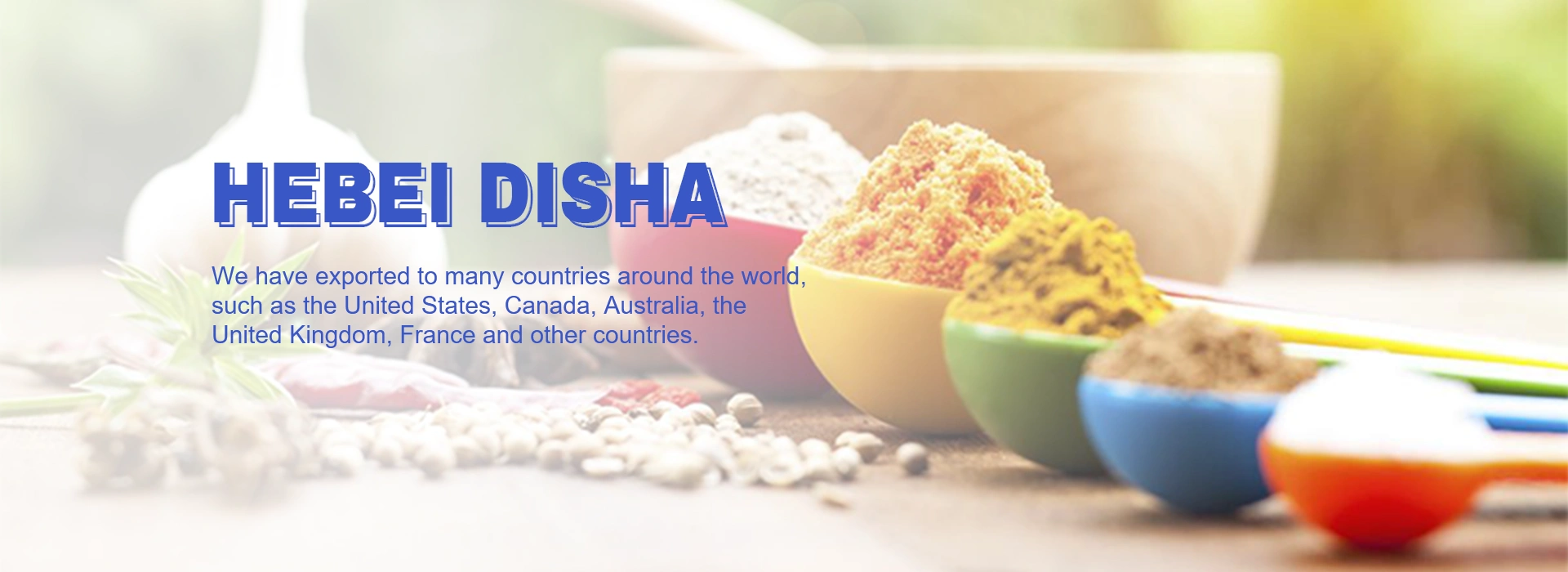Warning: Undefined array key "title" in /home/www/wwwroot/HTML/www.exportstart.com/wp-content/themes/1198/header.php on line 6
Warning: Undefined array key "file" in /home/www/wwwroot/HTML/www.exportstart.com/wp-content/themes/1198/header.php on line 7
Warning: Undefined array key "title" in /home/www/wwwroot/HTML/www.exportstart.com/wp-content/themes/1198/header.php on line 7
Warning: Undefined array key "title" in /home/www/wwwroot/HTML/www.exportstart.com/wp-content/themes/1198/header.php on line 7
- Afrikaans
- Albanian
- Amharic
- Arabic
- Armenian
- Azerbaijani
- Basque
- Belarusian
- Bengali
- Bosnian
- Bulgarian
- Catalan
- Cebuano
- China
- China (Taiwan)
- Corsican
- Croatian
- Czech
- Danish
- Dutch
- English
- Esperanto
- Estonian
- Finnish
- French
- Frisian
- Galician
- Georgian
- German
- Greek
- Gujarati
- Haitian Creole
- hausa
- hawaiian
- Hebrew
- Hindi
- Miao
- Hungarian
- Icelandic
- igbo
- Indonesian
- irish
- Italian
- Japanese
- Javanese
- Kannada
- kazakh
- Khmer
- Rwandese
- Korean
- Kurdish
- Kyrgyz
- Lao
- Latin
- Latvian
- Lithuanian
- Luxembourgish
- Macedonian
- Malgashi
- Malay
- Malayalam
- Maltese
- Maori
- Marathi
- Mongolian
- Myanmar
- Nepali
- Norwegian
- Norwegian
- Occitan
- Pashto
- Persian
- Polish
- Portuguese
- Punjabi
- Romanian
- Russian
- Samoan
- Scottish Gaelic
- Serbian
- Sesotho
- Shona
- Sindhi
- Sinhala
- Slovak
- Slovenian
- Somali
- Spanish
- Sundanese
- Swahili
- Swedish
- Tagalog
- Tajik
- Tamil
- Tatar
- Telugu
- Thai
- Turkish
- Turkmen
- Ukrainian
- Urdu
- Uighur
- Uzbek
- Vietnamese
- Welsh
- Bantu
- Yiddish
- Yoruba
- Zulu
Oct . 02, 2024 17:11 Back to list
Exploring the Benefits and Uses of Xylitol in Everyday Life
The Sweet Benefits of Xylitol A Natural Sugar Substitute
In a world increasingly concerned with health and wellness, the search for healthier alternatives to traditional sugar has led to the rise of various sugar substitutes. Among these, xylitol stands out as a unique and responsible option that not only satisfies sweet cravings but also offers a variety of health benefits. This natural sugar alcohol is derived from the bark of birch trees, corn husks, and various fruits, making it a popular choice for those seeking a more natural approach to sweetness.
One of the most notable benefits of xylitol is its dental health advantages. Unlike regular sugar, which feeds harmful bacteria in the mouth, xylitol has been shown to inhibit the growth of these bacteria, particularly Streptococcus mutans, which is primarily responsible for tooth decay. By preventing these bacteria from proliferating, xylitol helps maintain a healthier oral environment and can even promote the remineralization of tooth enamel. This attribute has led many dental professionals to recommend xylitol as a part of a comprehensive oral hygiene routine, including using xylitol-sweetened chewing gum or mints after meals to help combat cavities.
Another compelling aspect of xylitol is its low glycemic index, which makes it an excellent choice for individuals with diabetes or those looking to manage their blood sugar levels
. Xylitol’s glycemic index is approximately thirteen, compared to the value of sixty or more for regular sugar. This means that xylitol has a minimal impact on blood glucose levels, making it a safer option for those who need to monitor their sugar intake. Furthermore, it contains fewer calories than traditional sugar—about 2.4 calories per gram compared to sugar's 4 calories per gram—making it a favorable choice for those seeking to reduce their caloric consumption while still enjoying a sweet flavor.xylitol

Xylitol is also well-tolerated by most people, although some may experience digestive discomfort if consumed in excessive amounts. It is essential to introduce it gradually into the diet for optimal results. Additionally, it’s vital to note that while xylitol is safe for humans, it is extremely toxic to dogs. Pet owners must be aware of this and ensure that products containing xylitol are kept out of reach from their furry companions.
Beyond its dental and metabolic benefits, xylitol can be utilized in a range of culinary applications. It can be used in baking, cooking, and sweetening beverages, providing the same sweetness as sugar with similar texture and flavor. This makes it a versatile addition to recipes, particularly for those who are health-conscious or following specific dietary restrictions, such as low-carb or ketogenic diets.
In conclusion, xylitol emerges as a compelling alternative to regular sugar, offering numerous health benefits while satisfying one’s sweet tooth. Its positive impact on dental health, low glycemic properties, and versatility in the kitchen make it a worthy consideration for anyone looking to improve their overall well-being. As with any food additive, moderation is key, and individuals should assess their responses to xylitol as they incorporate it into their diets. Ultimately, xylitol represents a sweet step towards a healthier lifestyle, bridging the gap between indulgence and healthiness in the modern diet.
Latest news
-
Certifications for Vegetarian and Xanthan Gum Vegetarian
NewsJun.17,2025
-
Sustainability Trends Reshaping the SLES N70 Market
NewsJun.17,2025
-
Propylene Glycol Use in Vaccines: Balancing Function and Perception
NewsJun.17,2025
-
Petroleum Jelly in Skincare: Balancing Benefits and Backlash
NewsJun.17,2025
-
Energy Price Volatility and Ripple Effect on Caprolactam Markets
NewsJun.17,2025
-
Spectroscopic Techniques for Adipic Acid Molecular Weight
NewsJun.17,2025

